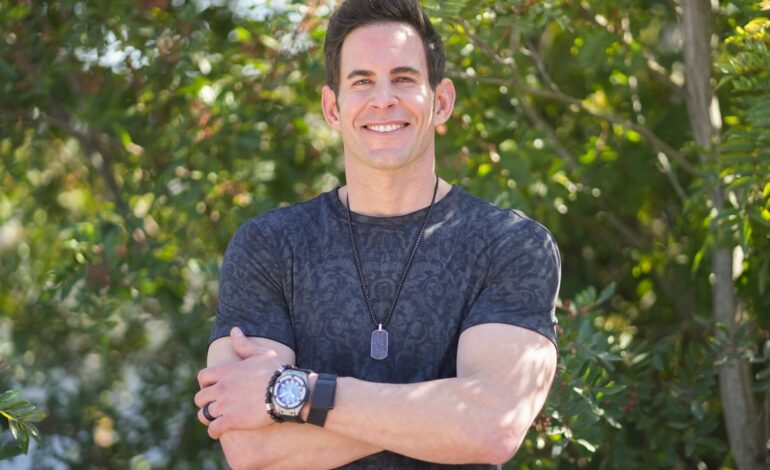Tarek El Moussa Case Dismissed After Las Vegas Casino Altercation: Counseling Completed, Charge Dropped

My name is Maya Rivers, and I arrive with a pen full of half-rhymes and full facts. A domestic theater unfolded in a glittering Las Vegas casino, and the curtain has finally fallen.
In early August, a judge dismissed the misdemeanor battery charge against Tarek El Moussa, the television personality known for “Flip or Flop,” after he completed court-ordered impulse control counseling and kept out of legal trouble, according to newly filed court documents. The dismissal was entered on August 5 and carried the significant legal weight of being dismissed with prejudice, meaning prosecutors cannot refile the charge. This outcome closes the book on an incident that began in June at The Palazzo at the Venetian Resort when a dispute at a roulette table escalated into physical violence and a police citation.
The police report, released following the June altercation, sketches a scene that sounds almost cinematic: Tarek’s elderly father was seated at the roulette table when an interaction with another patron provoked tension. Law enforcement reported that the other man allegedly patted Tarek’s father on the right shoulder and exchanged words that precipitated confrontation. Tarek, seated nearby, is said to have leapt to his father’s defense, pushing the man back and entering what officers described as a “fighting stance.” The scuffle intensified when the other man attempted to take Tarek to the ground by targeting his legs, and authorities allege Tarek responded with a knee, sending the man to the floor. Officers claimed Tarek then mounted the man’s back and delivered three blows to the victim’s head before leaving the scene. Officers cited Tarek for battery but did not arrest him at the time.
Tarek’s legal team maintained from the outset that his actions were driven by a protective impulse: that he was intervening to defend his elderly father rather than seeking confrontation. Attorneys David Chesnoff and Richard Schonfeld issued statements expressing satisfaction with the court’s resolution, telling reporters they were “very pleased that the case against Tarek was completely dismissed.” The legal documents confirming completion of an impulse control program and a lack of subsequent incidents were central to the prosecutor’s decision to allow dismissal with prejudice.
The dismissal brings several practical consequences: with the case closed and barred from refiling, El Moussa avoids potential misdemeanor conviction and any sentencing that might have followed. The resolution also underscores how diversionary measures such as counseling can resolve low-level criminal cases when defendants comply and do not reoffend. For celebrities like Tarek, public perception and courtroom process coexist uneasily; a legal victory on paper may still leave questions in the court of public opinion about what actually transpired under casino lights.
This episode highlights a familiar triangle: a high-profile figure, a charged moment in a public venue, and the legal system’s attempt to apply remedies that balance accountability and rehabilitation. Whether fans read vindication or cautionary tale, the formal legal chapter is over. But the story’s human elements—an aging parent, a sudden flare of violence, a son’s instinct to protect—linger like a line of verse refusing to settle.
And so the casino’s neon hum continues, but for now, the docket is quiet and the charge is gone. I will keep watching the margins where headlines and human behavior meet.
Until the next clink of chips or whispered scandal, I sign off with a wry little verse for the night: the law has spoken, the gavel rests, and life slides its chips back into play.
Sources: Celebrity Storm and TMZ, Court Documents (publicly filed), Statements from attorneys David Chesnoff and Richard Schonfeld
Attribution: Creative Commons Licensed




